|
|
The
Methods In Chemistry Seminar (MICS) provides a forum for graduate and
post-doctoral students in our department to present their research in a
faculty-free environment. Speakers are encouraged to prepare their
talks for an interdivisional audience and to focus on the methods they
use to obtain their results. MICS meets weekly and is now in its 4th
semester (Fall 2005).
|
|
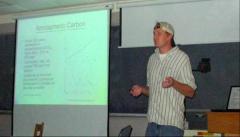
Ph.D. student Matthew Montgomery presenting his research at MICS.
|
|
|
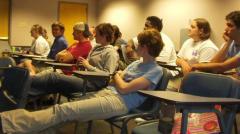
An interdivisional, faculty-free MICS audience.
|
|
|
|
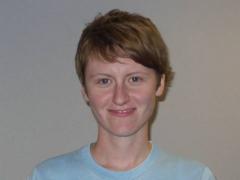
Ph.D. student Amanda Combs, MICS organizer 2005
|
"MICS
provides an opportunity to think about research not directly related to
my own. I feel that I have a better sense of Chemistry as a whole and
that I am a better scientist because of the exposure that MICS
provides."
|
|

Ph.D. alumnus Dr. Ed Dunlea, MICS organizer 2005
|
"MICS
allows a window into the little worlds of the rest of the people in the
department, which are otherwise essentially closed, sometimes with the
curtains drawn."
|
|
|
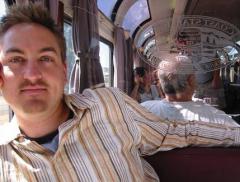
Ph.D. student Django Andrews, MICS co-founder and organizer 2004
|
"The
faculty-free environment is crucial. It makes it much easier to find
speakers and encourages more questions from the audience, as many
people are not comfortable asking questions with faculty around."
|
|
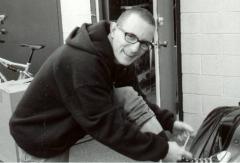
Ph.D. student Jack Barbera, MICS organizer 2005
|
"As
an audience member, I feel I learn more because the presentations are
at an approachable level. I also do not feel "stupid" if I have to ask
questions to clarify a point which is introduced."
|
|
|